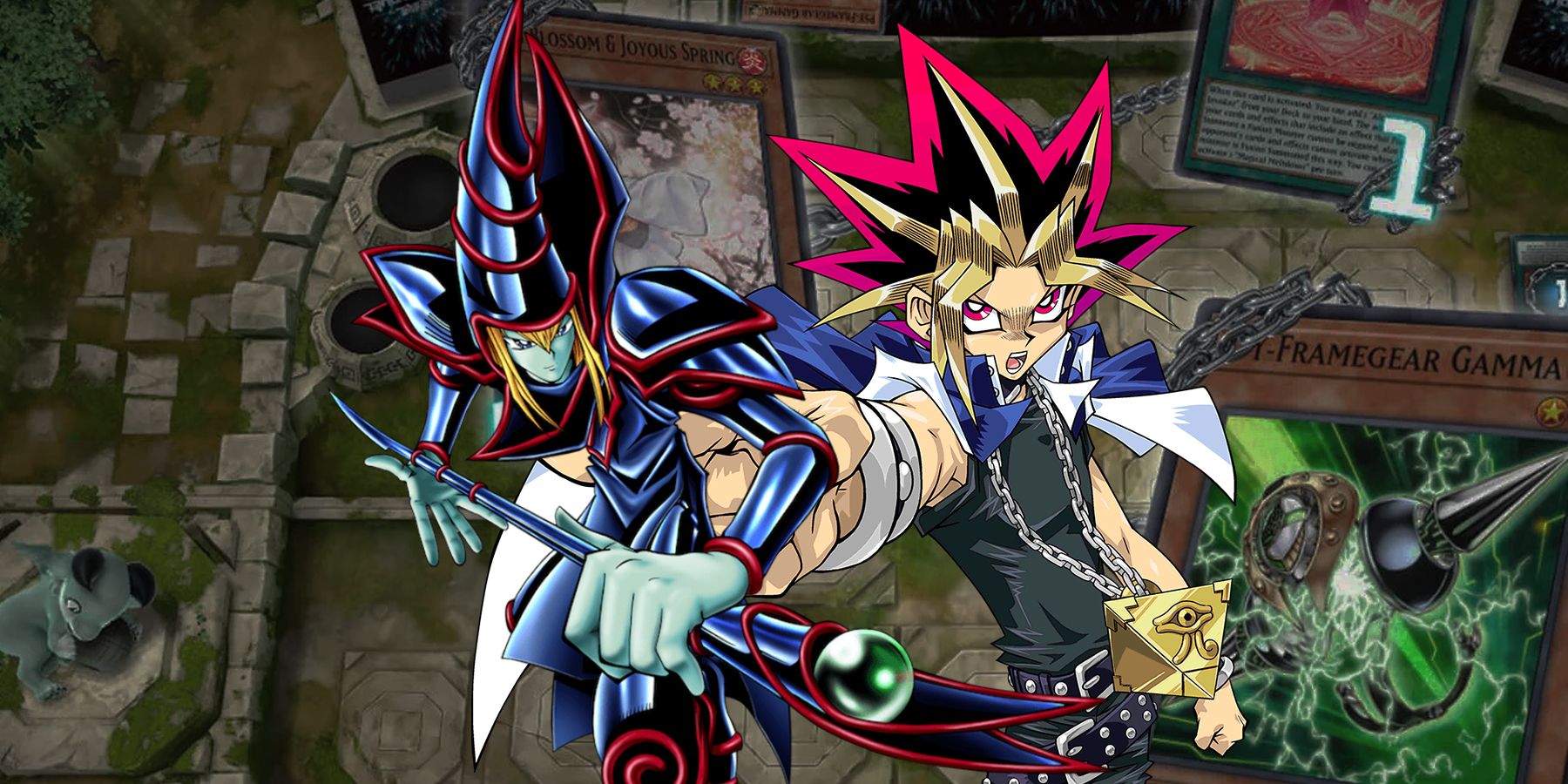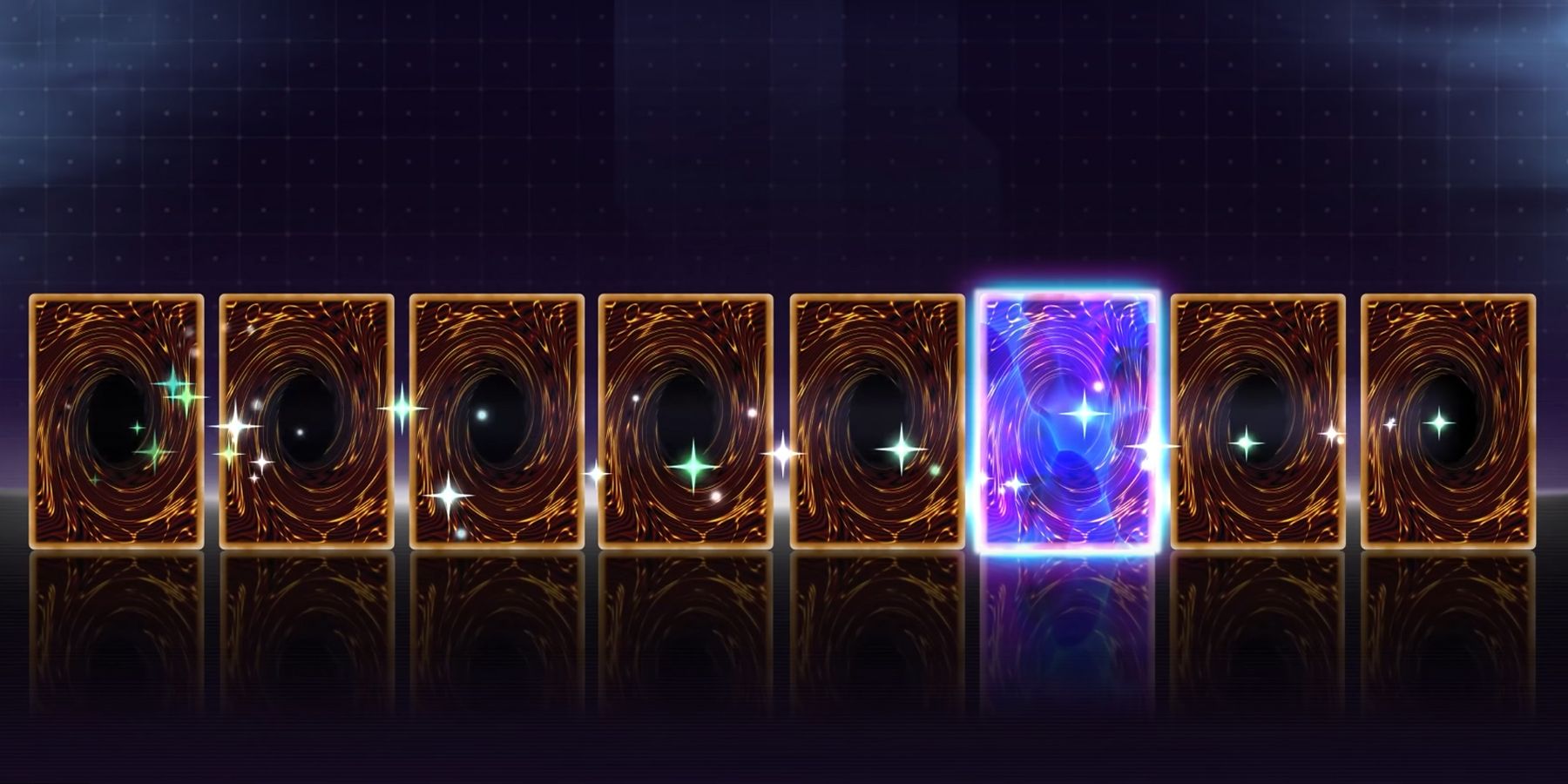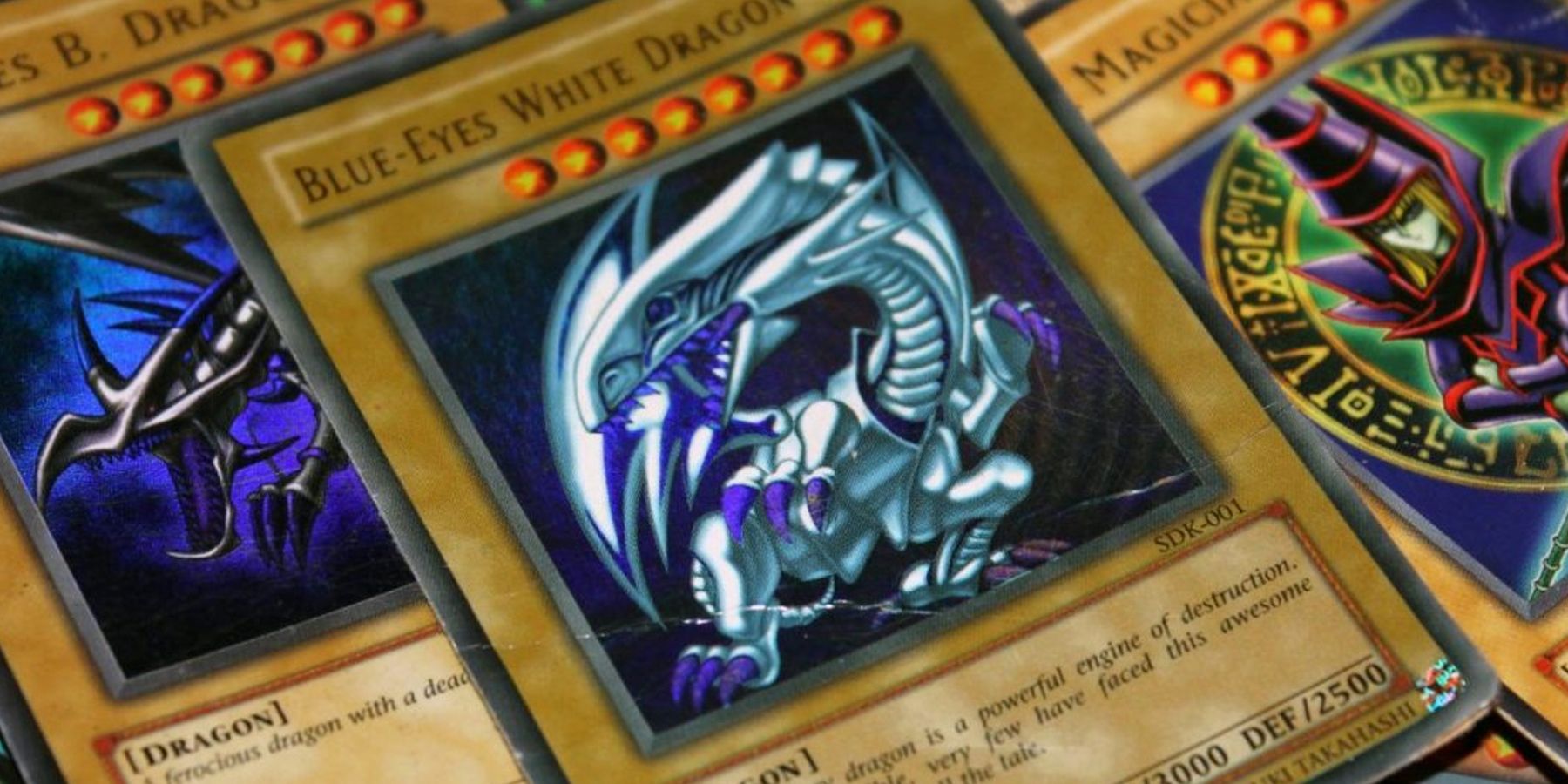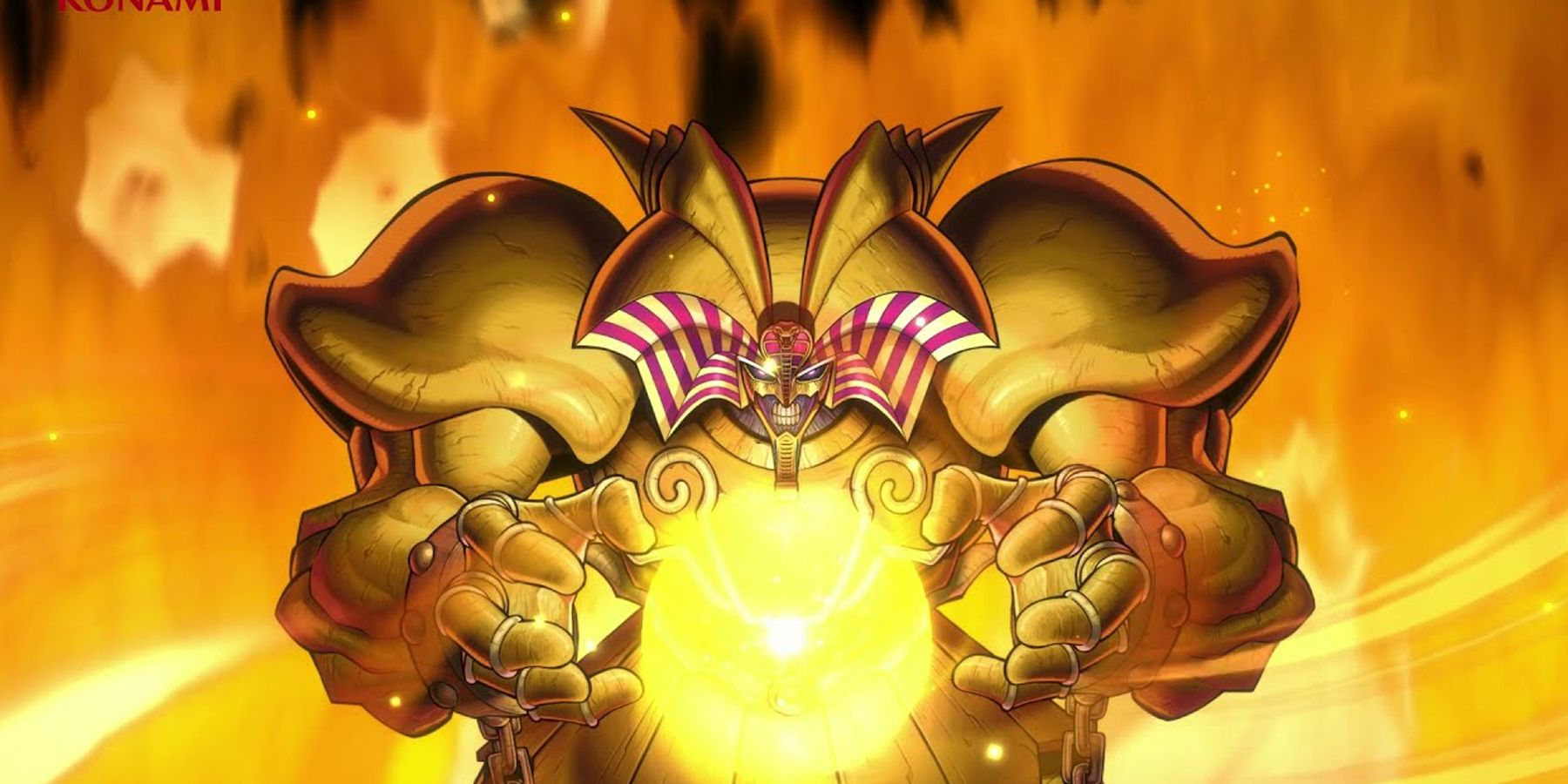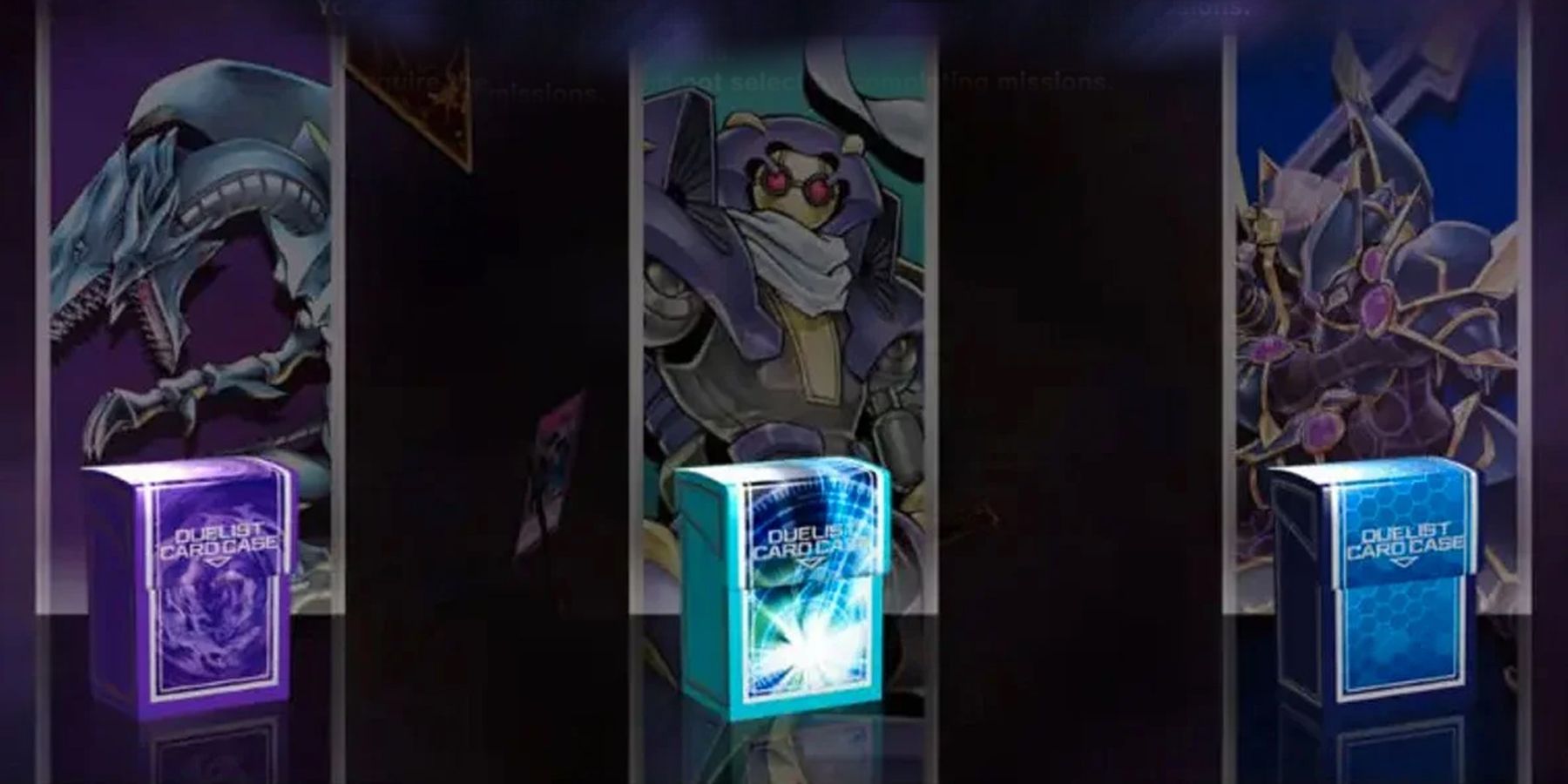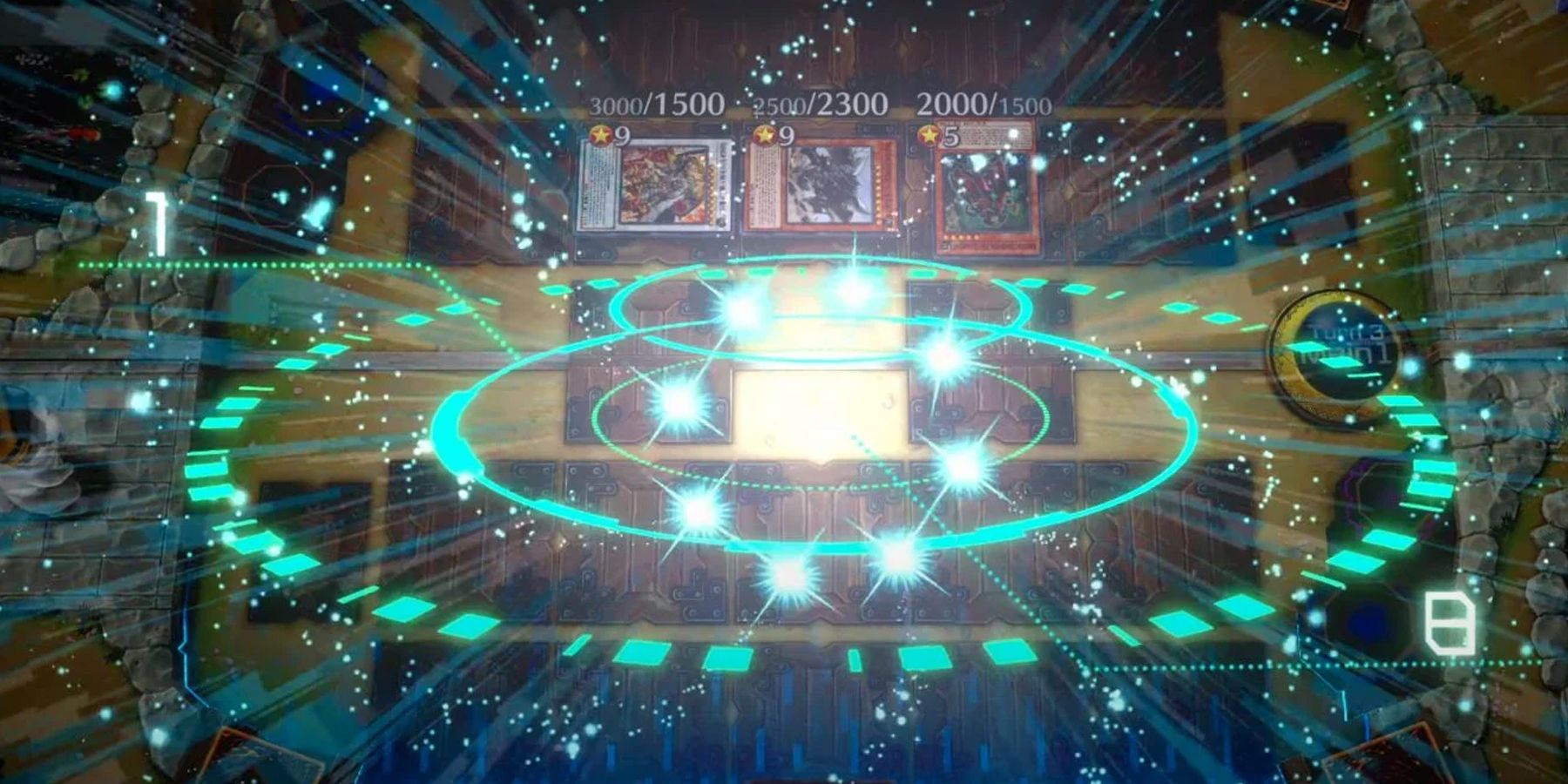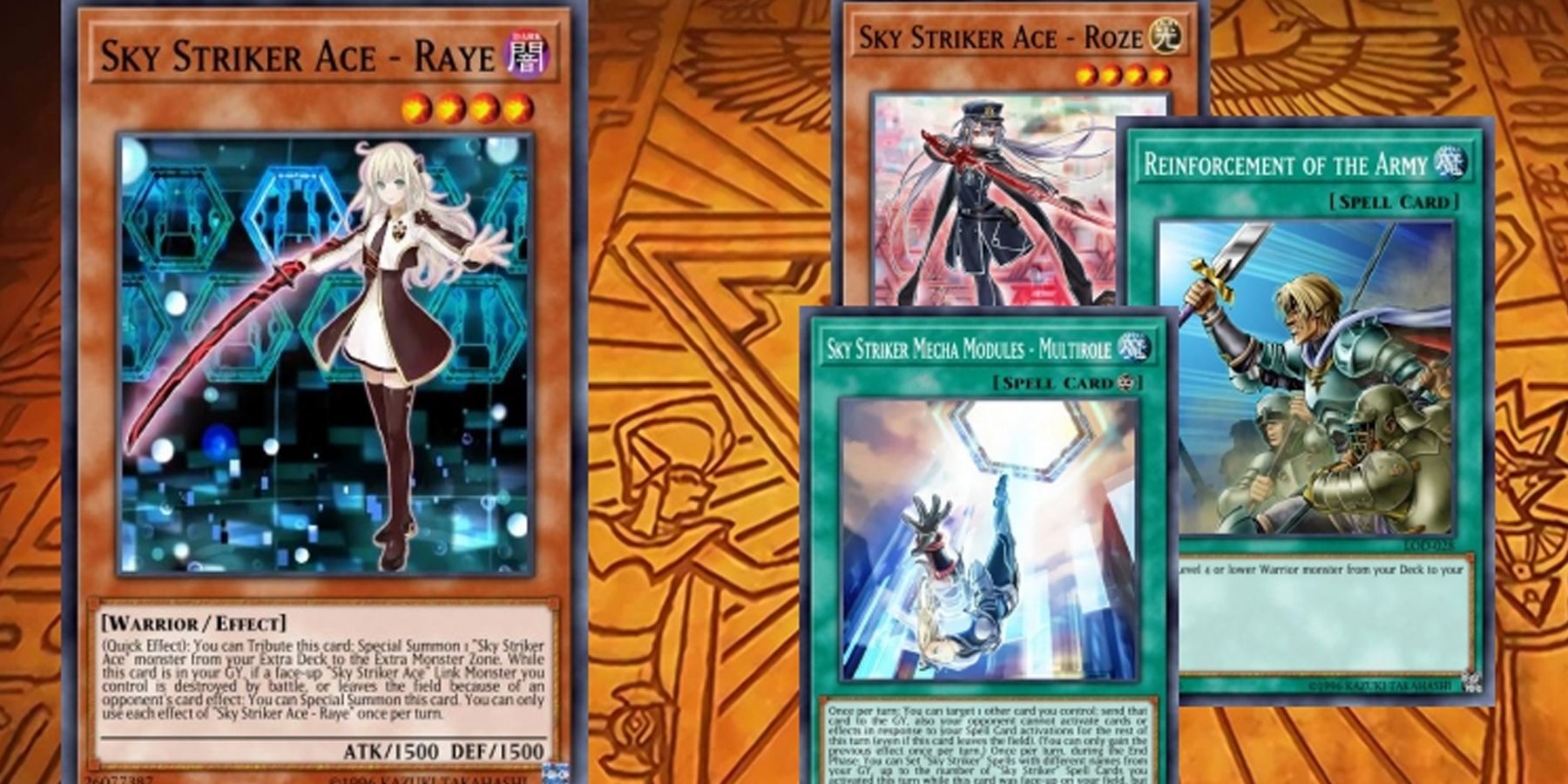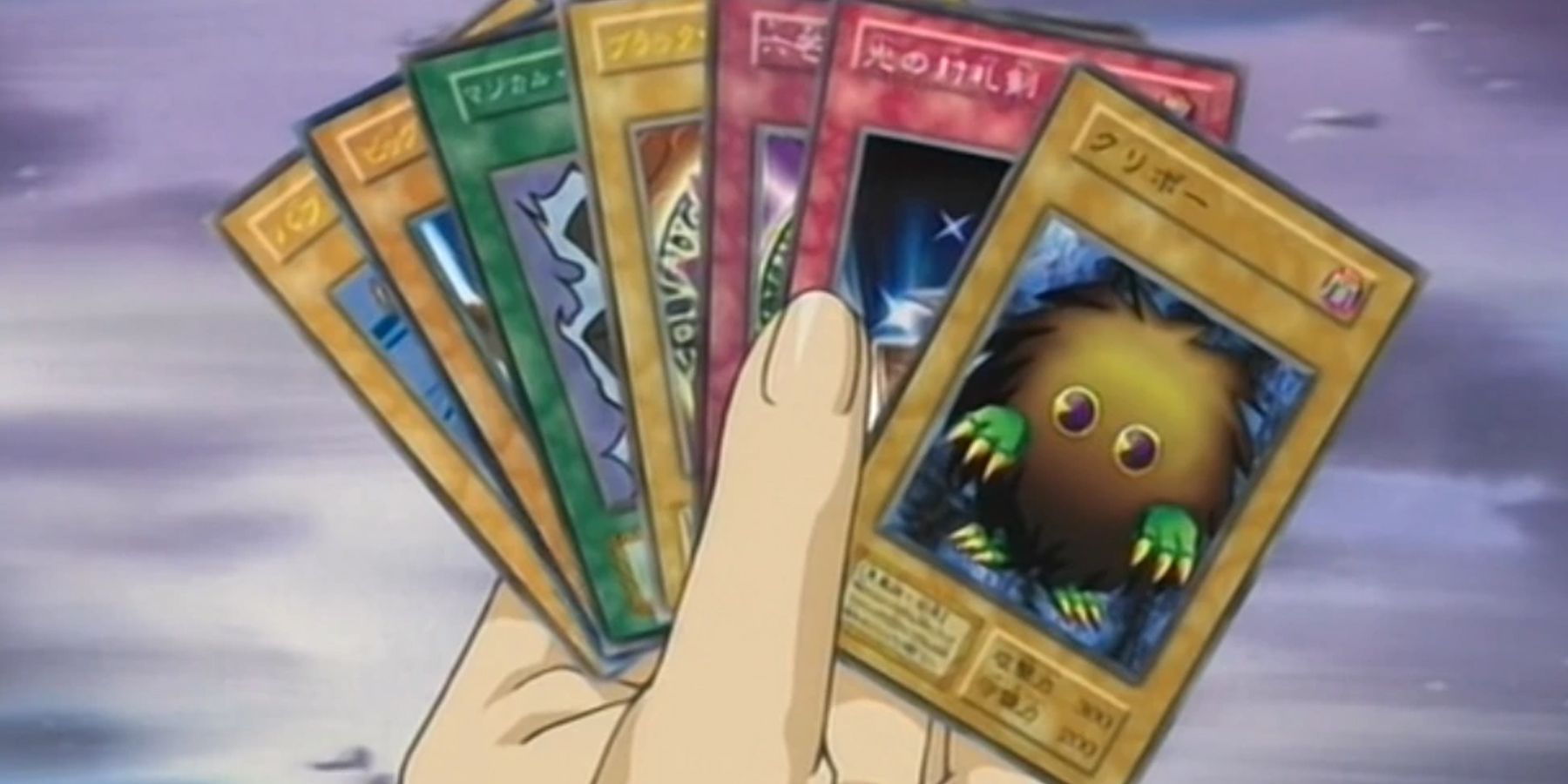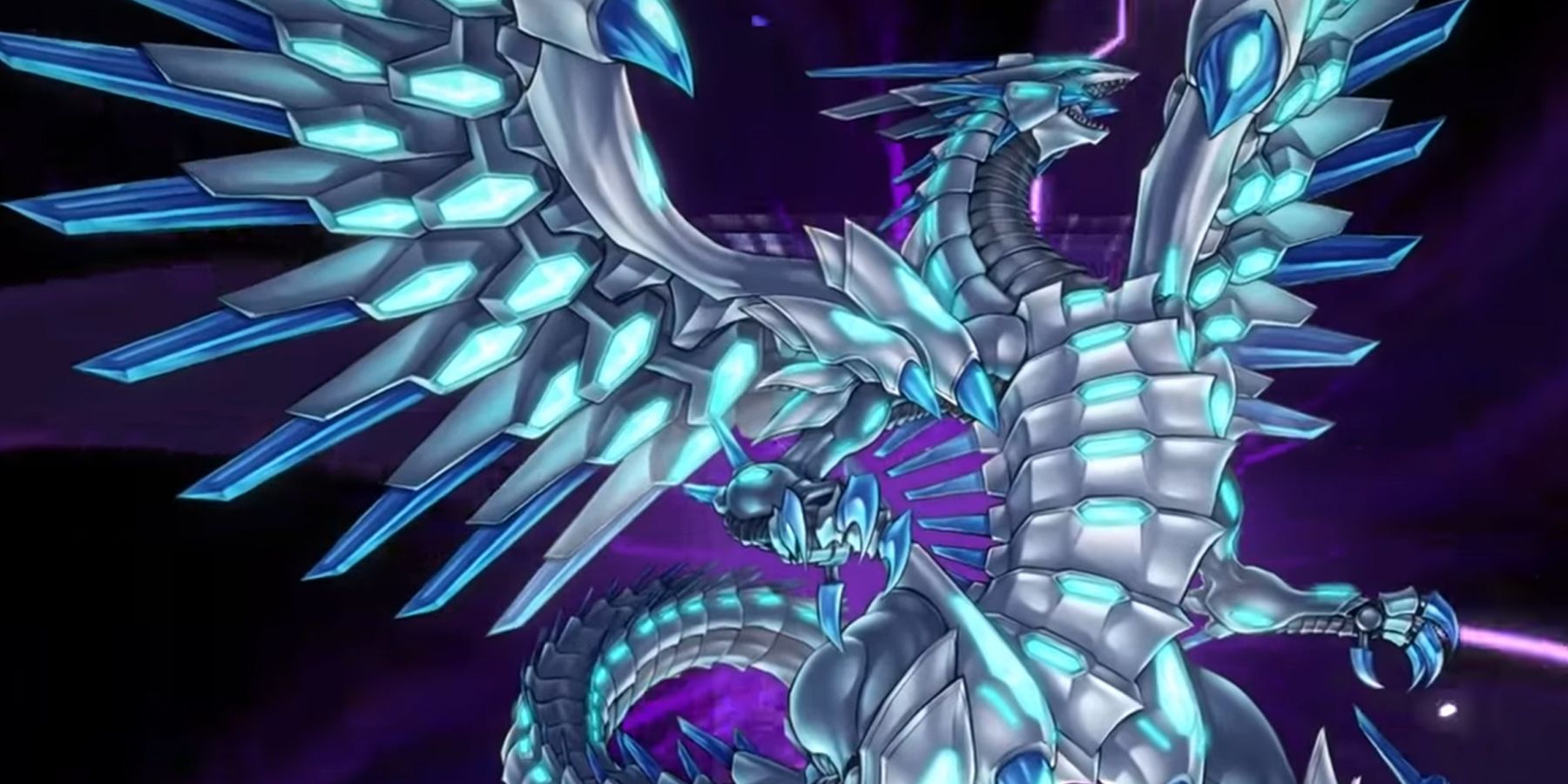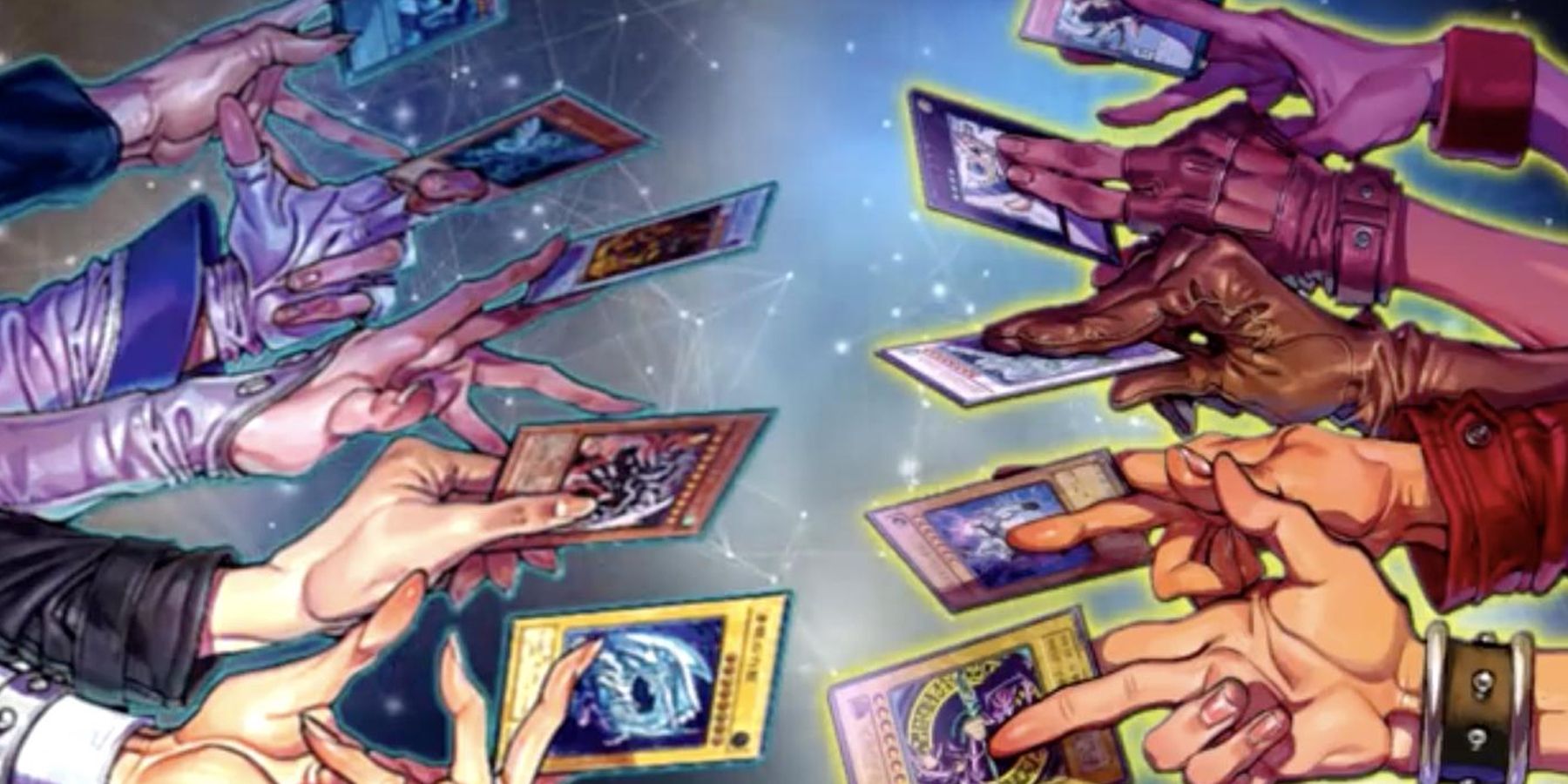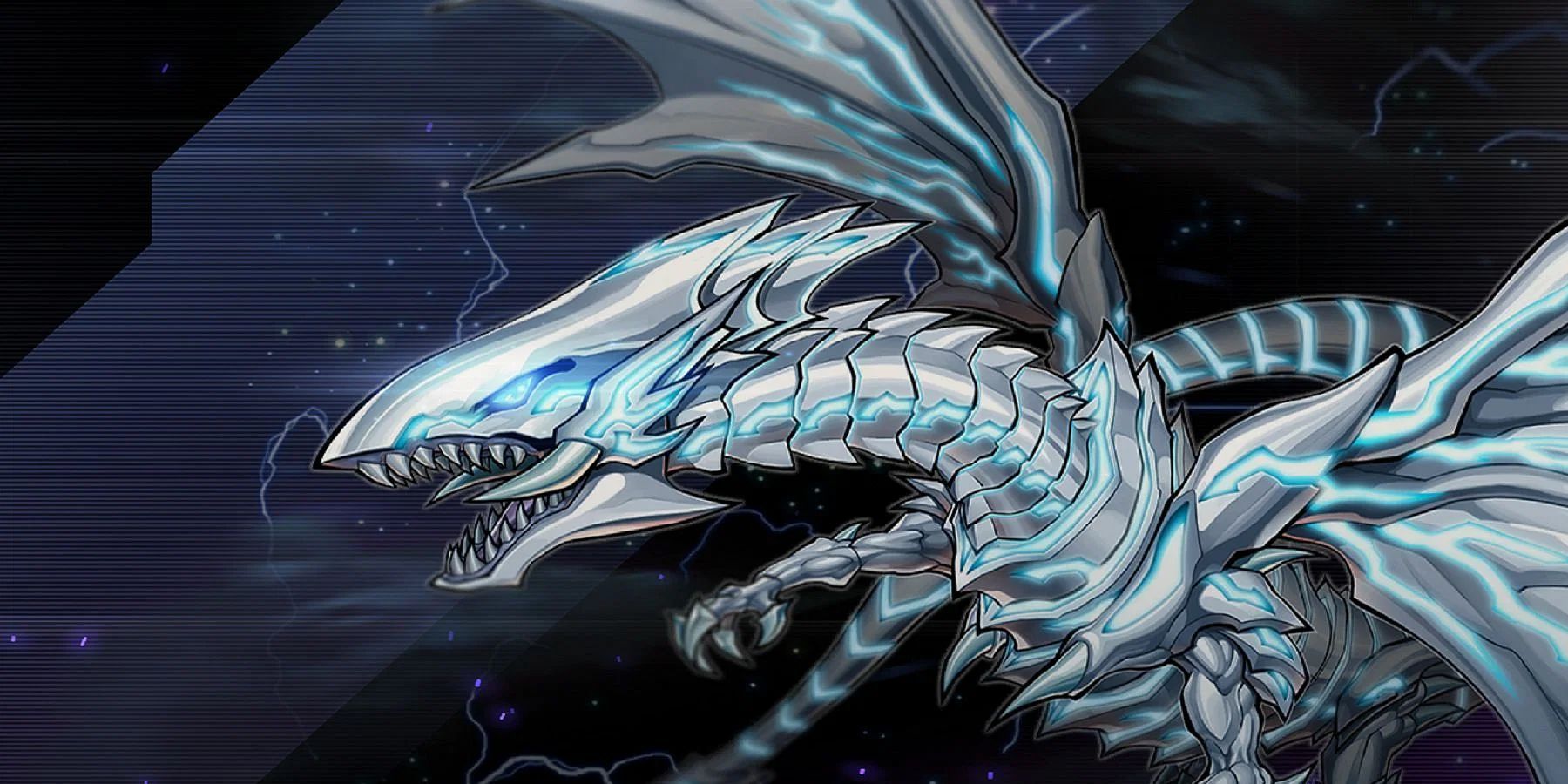Fans of card games would look at Yu-Gi-Oh! as one of the most popular competitive card games out there, and Yu-Gi-Oh! Master Duel serves as the most recent and perhaps largest adaptation of the hit card game into a video game format. Adapting the game’s most modern version, Master Duel allows players to compete in intense card games with opponents all over the world with most modern consoles, providing perhaps the biggest Yu-Gi-Oh! experience for both newcomers and savants alike.
However, newcomers to the franchise might feel a bit overwhelmed when it comes to building just the right deck for their needs. After all, there are not just Spells, Traps, and Monster Cards out there. There are Summoning Methods, various win-cons, and even archetypes to consider. For fans who want to create basic yet balanced decks, how should they proceed?
Remember How To Acquire Specific Cards
Before players even begin to construct their ideal Master Duel decks, it’s important to understand how they can acquire their cards to begin with. Similar to other online card games such as Magic Arena, Master Duel also has specific methods of acquiring cards. Here are some things to take note of:
- Shop - Pack: Players can acquire cards via Packs, purchased in the Shop. Through in-game credits, Packs contain eight cards, with one premium card. The shop also has Secret Packs, an option that unlocks special limited packs when players buy from the Shop frequently.
- Shop - Structure Deck: Players can acquire a pre-made deck via the Structure Deck. They’re playable decks that play around a particular archetype.
- Solo Mode: Players who complete Solo Mode campaigns will be able to earn cards from various archetypes, depending on the campaign they’re currently finishing.
- Crafting: Perhaps the most extensive way to create specific cards, players can actually craft specific cards they want via the Crafting menu. Players can dismantle cards they don’t want to earn Crafting Points of that card’s rarity, which players can then use to craft cards of that same rarity.
- Duel Pass: While the Duel Pass doesn’t contain any cards or packs per se, earning points here can unlock Gems and Crafting Points players can use to acquire specific cards.
Decks Are Safest At 40 Cards
While there’s a 60-card limit to any Master Duel deck, there’s a required minimum of 40 cards for any deck to become competitive. Interestingly enough, even instruction books included in starter decks recommend a 40-card deck over more cards. There’s a reasoning behind this:
- The Golden Ratio: It’s recommended that a 40-card deck has 20 Monster Cards, 10 Spell Cards, and 10 Trap Cards. This helps balance out a deck’s strategy to that of Monsters being heavy hitters, with Spells aiding them and Traps hindering the opponent’s movements.
- More Cards Make Win-Cons Harder To Achieve: It’s very likely that decks get built around a certain win condition, which in itself likely rests on a single card or group of cards played together. The more cards a player has in their deck, the longer it takes to get to that winning card or set of cards.
Understand The Ban List
As with other card games, Master Duel builds upon standard Yu-Gi-Oh! mechanics where the meta changes every now and then due to the Ban List. In card game speak, the Ban List pertains to a list of cards that are either banned or can only be included in a limited manner to all decks. However, the ban list in Master Duel does differ from the standard card game, which means players need to pay extra attention as to what cards they’re going to use in their particular build.
To recall, here are the kinds of banned cards that can be included in the Ban List:
- Banned Cards: These are cards that are outright banned from being included in decks.
- Limited Cards: These are cards wherein only one copy is only allowed in a deck.
- Semi-Limited: These are cards wherein only two copies are allowed in a deck.
It’s important to get a good sense of the Ban List early on so players can adjust their intended builds or even scrap them outright, especially when a card they want is included in the Ban List.
When In Doubt, Build From An Existing Deck
Players who want to build balanced decks are more than welcome to experiment with different cards and deck styles, but this approach can be admittedly overwhelming for newcomers. To avoid these unpleasant situations, a player can also look at various existing decks in order to find a deck they want or modify it according to their needs. Here are potential sources of deck inspirations:
- Current CCG Meta: Considering that Master Duel uses current card game rules, it may help to acquire a build from existing decks that are currently used in the card game’s current meta. Of course, when doing so, players need to take note of cards in the Ban List in Master Duel that might not necessarily be the core CCG.
- Master Duel Meta: Perhaps the safest way to look for inspirational decks, a lot of websites do exist for players to be able to check current meta builds for the game. These take the current Ban List into consideration, so they’re generally good decks to use.
- Starter Decks: The game itself does provide a healthy amount of starter decks for newcomers to play the game with, and they should be balanced for most situations. Players can modify these Starter Decks to fit the kind of situations they want to excel in during actual gameplay.
Go For A Win-Con
Like in other card games like Hearthstone and Magic: The Gathering, there’s also such a thing as a Win Condition or win-con in Master Duel. At its core, a Win Condition is what determines a deck’s winning strategy, be it through pummeling through an opponent’s Life Points, ruining their play with Spell and Trap cards, relying on specific Summoning Methods, or even relying on a key monster to secure the victory.
Here are popular Win Conditions that are often used in the CCG meta that players may want to try inserting into Master Duel:
- Disruptions: This playstyle relies on disrupting the opponent’s playstyle through different means, be it by having enough monsters to eliminate monsters in combat and at the same time having card effects that can still destroy creatures.
- Control: This playstyle revolves around controlling the pace of play, particularly via Spell Cards that more or less dictate what happens at any given turn. A Declan Akaba D/D/D deck is a good example of this, as cards like “Dark Contract With The Swamp King” and “Dark Contract With The Gate” give the player tremendous advantages if they have the right cards to circumvent its LP cost.
- Synchro Summons: Unlike other Summoning Methods, Synchro Summon is perhaps one of the most versatile, as players can opt not to use their monsters and Tuners for the summoning anyway. With a Snychro-focused deck like the Virtual World, players can maximize their deck presence by having multiple play options with the variety of Synchro summons at any given turn.
Go For A Theme
Aside from a Win Condition, a great way of creating a balanced deck in Master Duel is by doing what’s called a Theme Deck. This is more or less a deck built around a particular theme or subject - be it a Monster Type, a Summoning Method, a Character Deck, or even a Monster. Building a thematic deck is what players usually do when they want to copy a popular character’s deck or try to secure victory using a particular Monster.
Here are popular Theme Decks that are often used in the CCG meta that players carry over to Master Duel:
- Eldich Engine: This deck relies on “Eldich the Golden Lord,” which synergizes with various Traps that effectively stun the opponent. When used properly, the cards in the deck can also stop the enemy’s own Trap Cards, rendering them unable to counter the player’s strategies.
- Sky Striker Ace - Raye: This deck makes use of the “Sky Striker Ace - Raye” card, which complements control-type decks with a lot of good Spell cards. Through Link Summoning, Raye can “transform” into her different forms, which then can give players access to various Spell Cards that they need.
Avoid Risk Factors That Compromise A Strategy
Considering that there are a lot of ways players can approach building a deck, a lot of players might have different philosophies with what makes a deck work. Some might prefer extremely situational decks, while some enjoy building around a theme. However, players who want to create balanced decks might want to eliminate variables that generate risks and make specific strategies fail. Here are certain risk elements to consider removing from a deck:
- Consider The 3-Match/5-Match Rule: If a card added to a deck doesn’t get in the field or doesn’t fulfill its intended use after three to five matches, then that card is most likely not helpful in a deck.
- Avoid Thematic Cards For The Sake Of The Theme: Regardless of whether a new pack is released that caters to a specific card or theme, if its cards just don’t work for a player’s deck, then they shouldn’t be added haphazardly.
- Avoid Situational Cards: Try to avoid cards that are extremely situational, especially when it comes to improving a deck. When it comes to cards that have specific conditions, players should always go for cards that achieve their effects most efficiently.
The Less Restrictions For Great Effects, The Better
When choosing cards for a deck, players need to consider how often a card is playable in any situation. Thematic decks often face this problem, as sometimes they’re either built to work against a specific type of card. When building towards a theme and choosing between cards, players should choose the one that they can use in more situations. Here are some choices that demonstrate this logic:
-
For a Dragon deck: Given the two choices below, Mystical Space Typhoon is a more practical choice for a deck as it destroys any Spell or Trap Card without any prior conditions. Stamping Destruction might achieve the same effect and deal 500 damage to the opponent, but players will experience the trouble of summoning a Dragon-type first.
- Stamping Destruction: This destroys a Spell or Trap Card for as long as the user has a Dragon-type in face-up position. Afterward, this deals 500 damage to the opponent.
- Mystical Space Typhoon: This Quick-Play Spell destroys a Spell or Trap Card.
-
For Monster revives: Players who want to summon monsters back from their Graveyard can often do this with some caveats, but between the effects of Call of the Haunted and Dragon’s Rebirth, the former is easily the more worthwhile choice. While the Dragon-type sacrifice of Dragon’s Rebirth can bring out a deck’s ace monster, it’s still one less attacking monster on the side of the user.
- Call of the Haunted: This card Special Summons a monster from the owner’s Graveyard in attack position. If this card is destroyed, the monster gets destroyed, and vice versa.
- Dragon’s Rebirth: This card banishes a Dragon-type monster the user controls in order to Special Summon another dragon monster from the hand or Graveyard.
Consider The Card Advantage
In resource-based games like Magic Arena or MtG, players often talk about the Mana Curve when building decks. This talks about how much Mana or resources it normally costs players before being able to play a card. In a general sense, a deck with too high-Mana cards isn’t ideal as it takes too long to play them to become practical. Interestingly, Master Duel has a similar concept in the form of Card Advantage.
Unlike the Mana Curve, Yu-Gi-Oh! Card Advantage refers to this imaginary ratio where a card’s value is often determined based on how many cards players end up with before and after playing it. Here are important factors about Card Advantage:
- Multi-Card Plays Aren't Always Good: Sometimes, certain Win Conditions require a super-specific card that players don’t immediately have. Thankfully, players can use card combos to activate effects to get to the card they need. This can often work for players, but consider how many cards players need to burn from the hand or the field just to get to that card. If the said ace card doesn’t fulfill its purpose, players just burned cards for nothing.
- Summoning Too Many Monsters Isn’t Always Good: While fancy Summoning Methods like Pendulum Summoning allows players to summon as many cards as allowed, this isn't necessarily good for Card Advantage. After all, if players use all of their hand in a turn, they only get one card to play the next turn. If that card is useless, then they’re at a disadvantage.
Standard Cards Secure Basic Strategies
Sometimes, the most basic plays secure the most wins - that’s because they don’t rely too much on complex Win Conditions and instead fulfill a general, tried, and tested approach. Some players might consider these plays predictable or a bit too ordinary, but they often get the job done.
When it comes to these standard plays, it often boils down to what cards that deck uses. Thankfully, there are a lot of standard cards or basic cards that fit almost any kind of deck. Here are some decent examples:
- Mystical Space Typhoon (Quick-Play Spell): This destroys any Spell or Trap card of the player’s choosing.
- Bottomless Traphole (Trap): Destroys monsters that are summoned with 1500 or more ATK from the opponent’s side of the field and then banishes them.
- Battle Fader (Effect Monster): When the opponent declares a direct attack, players can Special Summon this card from their hand and immediately end the Battle Phase.
Yu-Gi-Oh! Master Duel was released in 2022 and is available for Android, iOS, PlayStation 4, PlayStation 5, Xbox One, Xbox Series X and Series S, Nintendo Switch, and Microsoft Windows.

